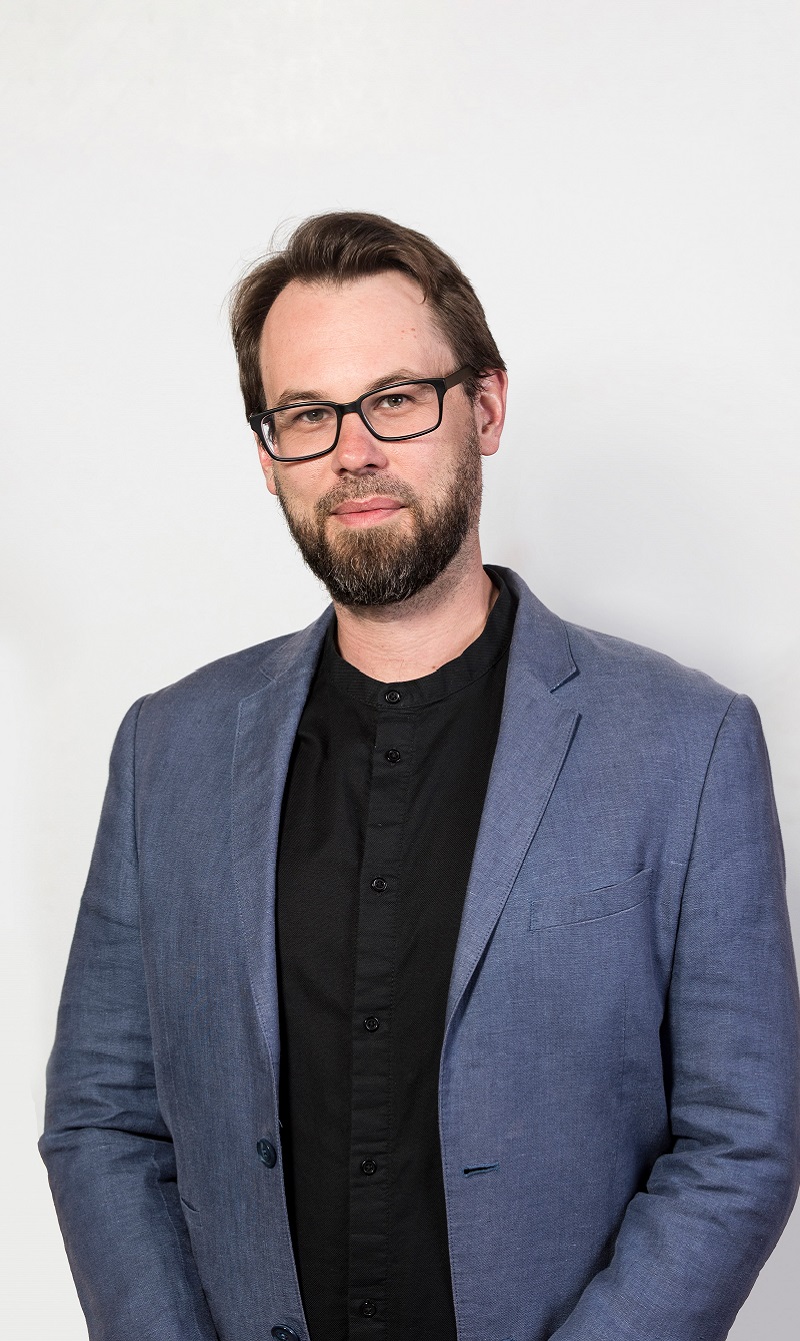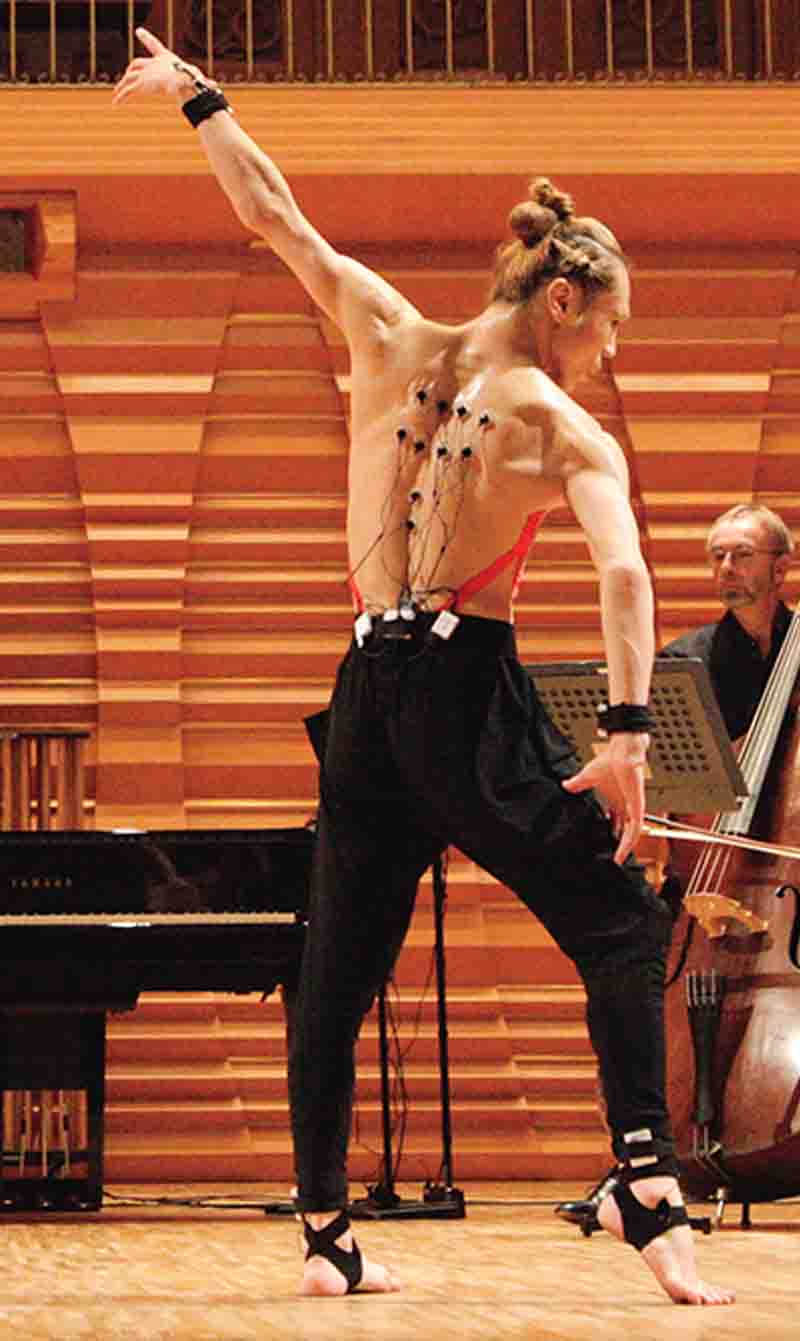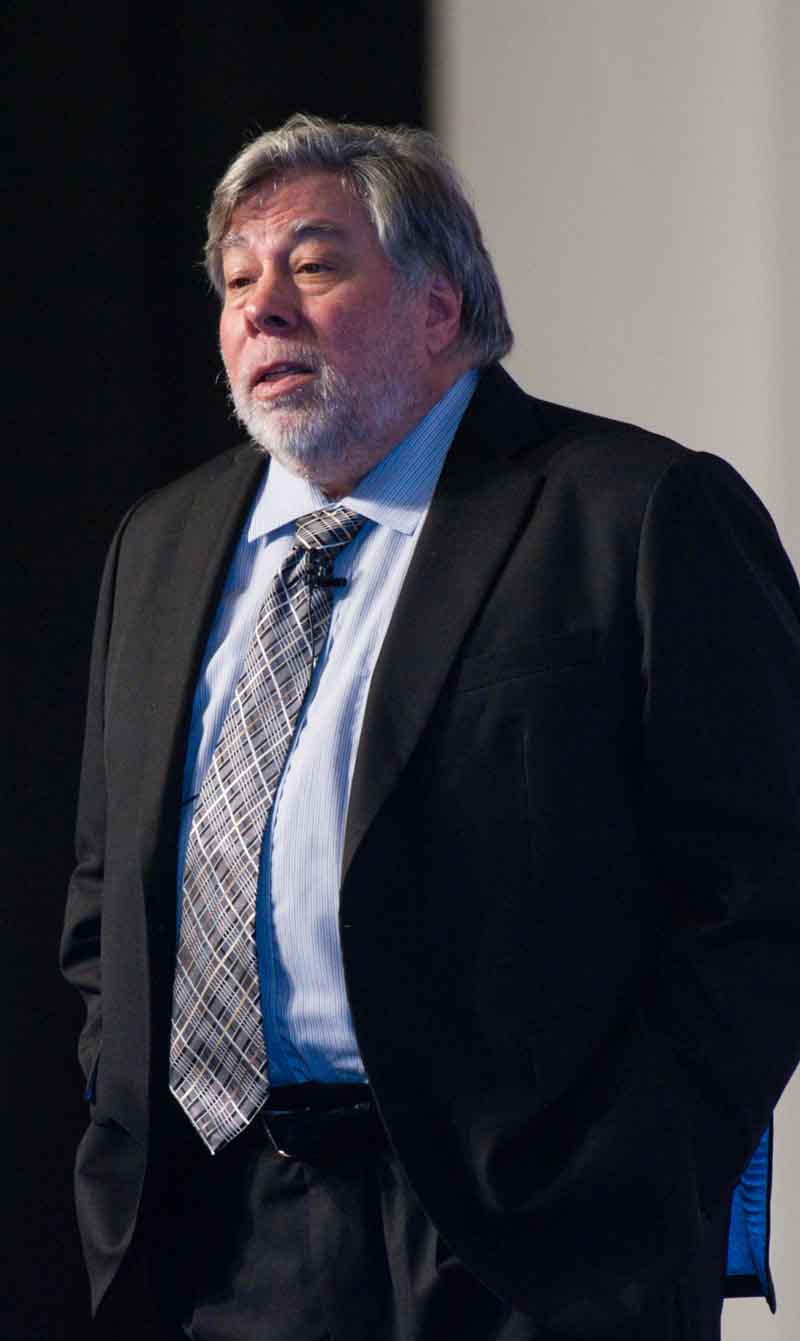The importance of breakfast at 13th WIEF
The 13th WIEF’s Business Networking Breakfast last November presented a chance for experts and practitioners to hash out ideas and possible solutions for six industries. Here, we recap and, to add relevance, include quotes from successful entrepreneurs.
By 9 am on 22 November 2017, the great hall at the BCCK in Kuching, Sarawak, already buzzed with conversation, filled with people in business attire having breakfast and sipping hot coffee. The volume rose a decibel a minute while multiple conversations vacillated within the hall’s four walls. Energy levels were high and a reminder of the importance of eating breakfast.
Business Networking Breakfast (BNB) was held on the 22 November 2017, which was the second day of the 13th WIEF, in the largest of Malaysian states. It was part of the 13th WIEF’s programme and consisted of six clusters – SME and startups, infrastructure, halal, Islamic finance, renewable energy and, lastly, agriculture.
All of the clusters were 1.5-hour sessions and happened simultaneously. They were designed to encourage networking opportunities among WIEF participants from varied but relevant industries over an informal breakfast setting. It was where the open discourse of issues and challenges relevant to these six industries took place. Besides the networking opportunity, BNB was a friendly battleground for experts, practitioners and enthusiasts to hash out simmering or fresh ideas, could-be solutions and general grievances.
Here, we rehash highlights of the sessions, stitching them together with quotes from exceptional entrepreneurs as an impromptu, what we hope will be, an entrepreneur’s guide to successful entrepreneurship.
Taking risks
The problem in getting a financial loan from banks was addressed. It was suggested that banks changed the way they looked at SMEs and needed new policies whereby loans to SMEs needed no collateral. Also, to look into waqf and zakat programmes as SME funding options. Furthermore, new entrepreneurs were demotivated. To avoid this, they should join mentor or coaching programmes to motivate them in running their businesses.
Mark Zuckerberg on taking risks: Motivation to take the first step towards entrepreneurship can be had by, perhaps, following the advice of one of the courageous entrepreneurs. ‘The biggest risk is not taking any risk,’ Mark has been quoted as saying on a number of occasions. ‘In a world that’s changing really quickly, the only strategy that’s guaranteed to fail is not taking risks.’ So, make lemonade when life gives you lemons and make your own rules – within reason, of course.
Elon Musk on entrepreneurial missteps: Elon had been, and still is, in the limelight a lot and not only about his failed Tesla car tests and his wanting to bore into the ground for his Hyperloop to solve traffic congestion in cities but also his ability to cope with failure and criticism. This guy knew how to, as some publications put it, ‘fail successfully’. Although, failure seemed to be the least of his worries. ‘Failure is an option here. If things are not failing, you’re not innovating enough,’ he said. It complemented what Arianna Huffington said on how we should accept that we don’t always make the right decisions, ‘that we’ll screw up royally sometimes [and] understanding that failure is not the opposite of success, it’s part of success.’
Spotting opportunities
The BNB sessions speakers acknowledged that SMEs needed to compete globally. They should be IT savvy and use available technology that could assist them in their businesses. Furthermore, it was stressed that entrepreneurs should be proactive, be part of collaborations rather than work alone and join associations, conferences and forums such as WIEF for new ideas. All of these will elevate entrepreneurs’ knowledge development and help them spot as well as seize opportunities.
Bill Gates on spotting opportunities: Bill has been known to deliberate on what areas entrepreneurs should develop themselves. ‘Go into science. The more you can learn the science, the more you’ll see where the opportunity is,’ he said and advised to look at areas where innovation can help people deal with disruptions. ‘If your talents take you toward science or programming, advances in biology or energy breakthroughs, those kinds of deep areas are going to be the biggest source of change,’ he added. He had given the example of where he thought needed consideration: global disease and a new energy system. Both of which required scientific research. ‘If you have an inkling that science grabs you, [well], that’s where a lot of the opportunity comes from,’ he said.
With regards to a new energy system, during BNB’s renewable energy cluster, it was discussed how the shift to renewable energy strictly depended on it being cheaper than conventional energy. While fossil fuel was still the number one used around the world due to other types of renewable energy such as biomass, solar and wind that still had issues. For example, biomass used materials from plants and animals, and in this regard, Sweden had supply problems of feedstock which needed to be exported.
In Malaysia, for example, biomass was seen as temporary because there was no assurance of uninterrupted supply of feedstock. Solar power’s excellent potential was marred only by the fact that it needed vast storage space. However, use of the battery in the automotive industry was seen as promising and the collective prediction was that its use would be a major wave in the future. It was also agreed that supportive government policies could assist in removing obstacles in terms of executing and using renewable energy.
Equality must persevere
It’s the twenty-first century and feminist movement itself has been campaigned for the past two centuries. Therefore, it’s time for gender equality to take effect. The general consensus of the speakers during the BNB sessions at the 13th WIEF was to throw out traditional thinking of men being more powerful than women and women needed to build their confidence, to take risks, be determined and persistent when in business. With all that in effect, you’ll become the right candidate as an employer and employee.
Oprah Winfrey on equality: ‘Excellence is the best deterrent to racism or sexism,’ said the lady who knew she wasn’t what television producers looked for to be in front of the camera but forged ahead, regardless.
Above all, for equality to persevere at every level and in every sense of the word, correct dissemination of information is vital. This is especially so with SMEs. Initiative-producing corporations should attend grassroot meetings with entrepreneurs to know what was going on with SMEs. Likewise, SMEs should subscribe to bodies that can offer assistance and, of course, hire the right people.
Jack Ma on hiring the right people: What makes a good team, you may wonder. ‘A good team doesn’t mean you hire excellent people from Harvard or multinational or Fortune 500 companies. The best people are always [the ones that] you train,’ said Jack. This is because when you train your own people, you manufacture what’s suitable for your company in terms of skills and mental outlook. Otherwise, as Jack so aptly puts it, ‘It’s like putting a Boeing 747 engine into a poor tractor.’
Last Words
One of the compelling take-home points from the BNB was that businesses in Malaysia, like most economies in the world, consisted of 97 per cent SMEs. Furthermore, it was, and remains to be, a sector that contributed 37 per cent to the country’s GDP, 69 per cent to the employment and 18 per cent to the export of goods. It’s safe to say that SMEs are a big part of today’s global economy. Thus, should be encouraged, promoted and given every opportunity to succeed.
Finally, Arianna Huffington’s advice to sustainable entrepreneurship: ‘My best piece of advice is to make sure that entrepreneurs connect with their own wisdom and creativity, and that’s becoming harder and harder because we’re so addicted to technology,’ Arianna said. ‘No matter how genius of an idea you had, that allowed you to launch a company, just as important will be nurturing your creativity to overcome the inevitable challenges that’ll follow and to come up with new ideas that’ll allow the company to evolve and grow. And we do that by prioritising our well-being.’
As they say, mens sana in corpore sano, a healthy mind in a healthy body and in this instance, it’ll all equate to, evidently, a healthy bottom line. So, take heed. Oh, and don’t ever skip breakfast, especially at any WIEF.
___________________
For more on 13th WIEF and our Foundation’s initiatives, download our 2017 report here.





